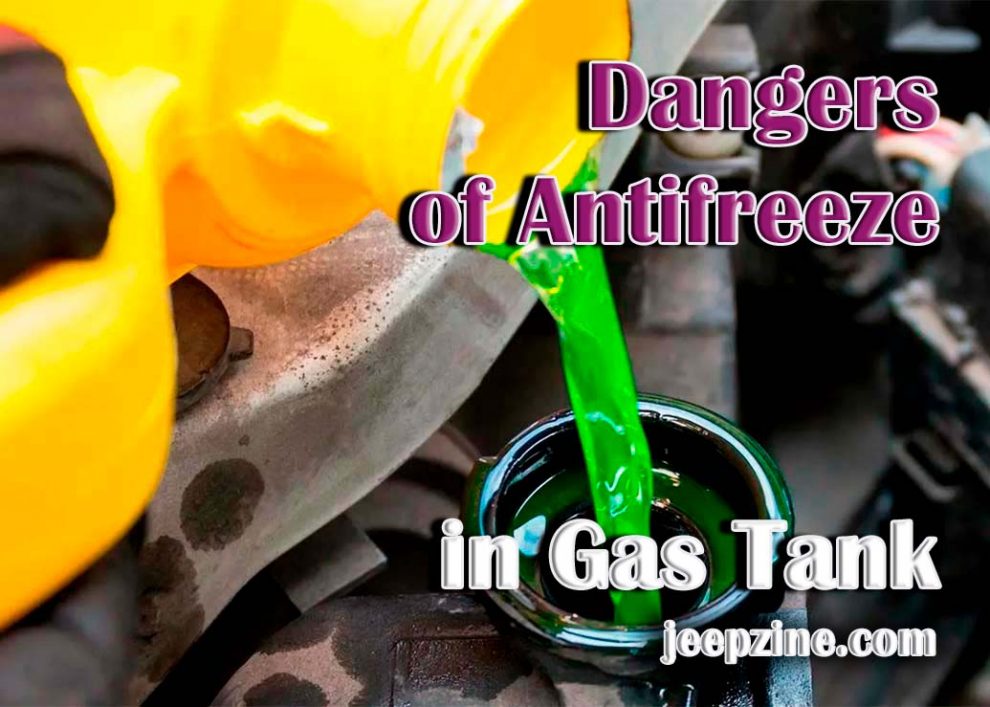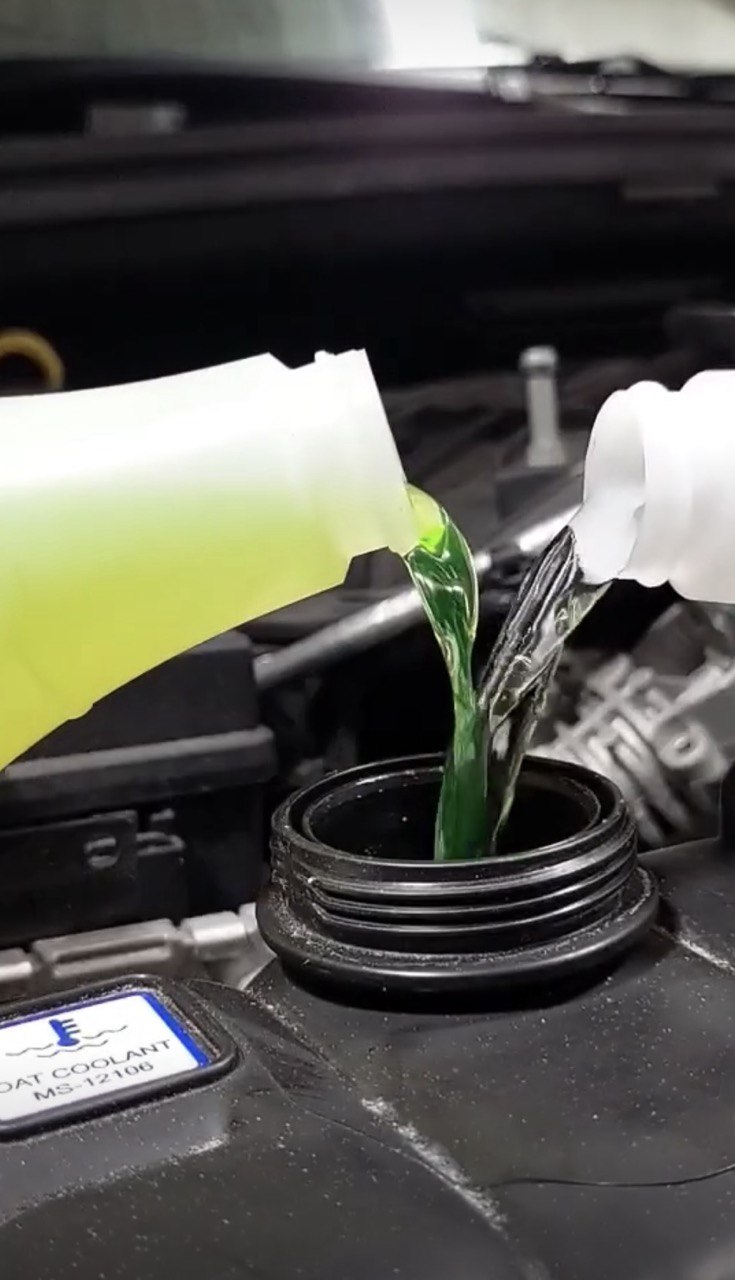Antifreeze is a common chemical substance used in vehicles to keep the engine cool and prevent it from freezing. However, the results can be disastrous when antifreeze enters the gas tank. Exposure to antifreeze can be harmful to both your health and your vehicle. In this article, we will explore the dangers of antifreeze in a gas tank and provide some tips on how to prevent it from happening. We will review what happens when antifreeze is ingested and suggest some safety measures to ensure it never enters a vehicle’s fuel system. By understanding the potential consequences of introducing antifreeze in gas tanks, drivers can better protect themselves and their vehicles against unnecessary damage or danger associated with this common chemical compound.
How Antifreeze Gets into Your Gas Tank
The most common way for antifreeze to get into a gas tank is through careless disposal. If someone pours antifreeze down the drain or on the ground, it can eventually reach local water sources and find its way into a vehicle’s fuel system. An improperly installed fuel tank filler neck or vent can also allow antifreeze to enter the fuel tank. It can also make its way through evaporation and condensation if not properly sealed. Finally, if a car has been stored outside for an extended period of time, water vapor can enter the gas tank and mix with the fuel. When this happens, antifreeze residue left behind from previous repairs may contaminate your engine’s fuel system.
 How It Affects Your Vehicle’s Performance
How It Affects Your Vehicle’s Performance
When antifreeze enters a gas tank, the results can be disastrous for your vehicle. The glycol in the antifreeze can cause corrosion and rust, leading to severe engine damage. Antifreeze also has a lower boiling point than gasoline, so it can evaporate faster, reducing the fuel’s effectiveness and efficiency. Additionally, if antifreeze is ingested into an engine, it can coat the injectors and cylinders, leading to misfires or backfires that will reduce engine performance. Finally, if left untreated, antifreeze poisoning in your gas tank could lead to fuel pump failure or a complete breakdown of your vehicle’s internal components. Also read here about Antifreeze Odor Causes and Solutions.
Cleanup and Disposal Procedures to Avoid Damage
If you suspect that antifreeze has contaminated your gas tank or if you have recently disposed of any gasoline-related materials, it is essential to follow proper safety protocols when attempting to clean up the mess. If you are dealing with small amounts of contamination from spilled oil or gasoline, try using absorbent mats or paper towels soaked in water or an oil-absorbing material like kitty litter. If you are dealing with larger spills from tanks containing more than 20 gallons of fluid (such as those found on commercial vehicles), contact a professional waste disposal company for advice on safely disposing of the hazardous materials.
Conclusion
Antifreeze poisoning is a serious issue that can have serious consequences if not properly taken care of. If left untreated, it can cause significant engine damage and reduce your car’s performance. Fortunately, you can prevent antifreeze from entering your gas tank in the first place by ensuring proper disposal practices are followed, checking your fuel tank filler neck and vent for leaks, and cleaning up spills immediately with absorbent materials or professional help when necessary. Understanding the dangers of antifreeze ingestion into a gas tank and taking the necessary precautions can protect yourself and your vehicle against any potential damage or risk associated with this common chemical compound.


 How It Affects Your Vehicle’s Performance
How It Affects Your Vehicle’s Performance